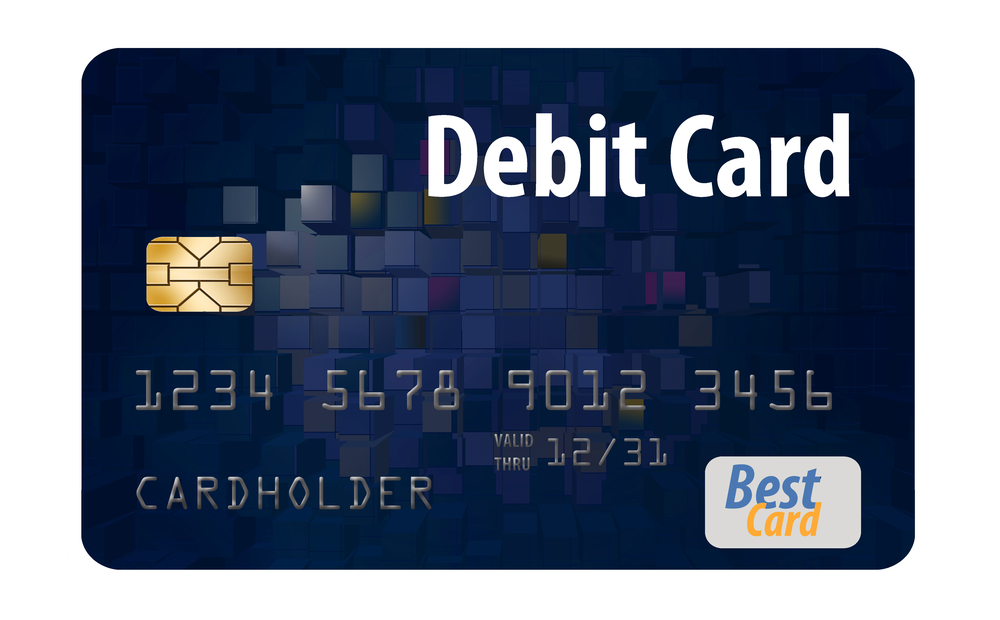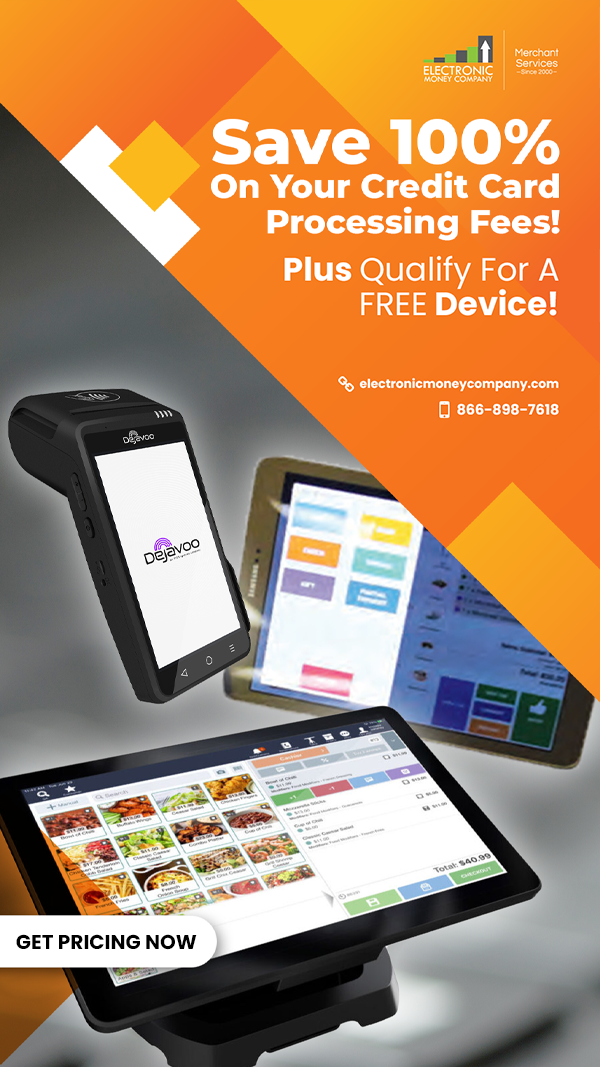It used to be cheaper to take pin debit cards via the debit networks instead of through the credit card interchange networks. That means that you would take the card and the customer would enter his pin number. The debit networks are Pulse, Maestro, Interline, Jeanie, NYCE, Star and others. But since the Dodd Frank Act, it is cheaper to take debit cards just like a regular credit card, without the pin entry.
The Dodd Frank Act regulated the large bank institutions so that they couldn’t charge more than .05% plus $.22 for a debit card. The congress thought that the large banks were gouging people who didn’t have great credit ratings and wanted to use a debit card instead of writing a check merely because it was more convenient. Small local banks and credit unions struggle to compete with the big banks, so they lobbied to be able to still charge merchants a higher rate for debit cards run through the Visa/MasterCard network and they won that right.
There are good reasons why a merchant would still want to utilize the debit networks and accept pin entries. Those types of merchants who have more than usual numbers of chargebacks would want to encourage their customers to enter their pin with their debit card. Transactions that go through the debit network are as good as cash. They cannot be charged back. So, liquor stores, for example, many times want to keep using the pin debit network.
If you are taking a lot of pin debit cards, you might take a look at the fees. Likely you can save .75% of those fees. The debit networks charge, on average, 1% plus a transaction fee of $.15 compared to .05% and $.22 for a regulated debit card.
Contact us if you have questions about lowering rates on your merchant statement.


